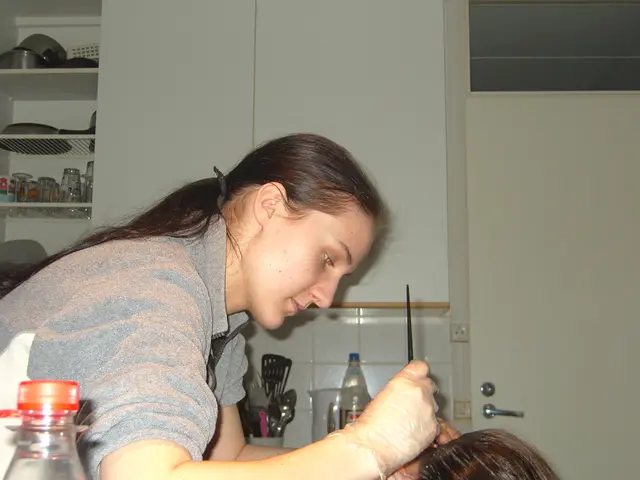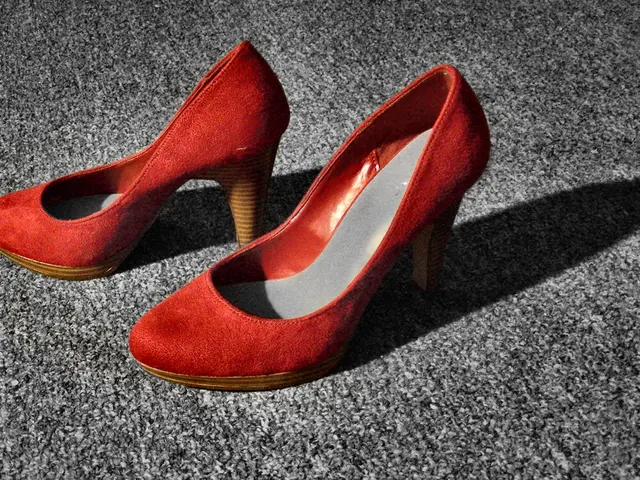Organizations Grapple with Age Discrimination Issue
Advertising's ageism problem rears its ugly head when older adults are presented as desperate to hide their age rather than embracing it, as pointed out by Grace Creative co-founder and co-CCO, Susan Lee Colby. This industry bias is clearly demonstrated in creative work, showcasing how the older generation is overlooked and sidelined.
Grace Creative, an agency that champions a more favorable aging narrative, strives to offer older adults an inclusive work environment. According to Colby, the advertising world has an expiration date, particularly for women in creative roles. She notes that potential applicants are often advised not to highlight too much experience on their resumes, as it may work against them.
Ageism in advertising doesn't just stop at recruitment and hiring practices. The industry stereotypes older adults as technologically incompetent, unfamiliar with modern trends, or stuck in the past. Hiring agencies, for example, have depicted older people as unable to handle modern technology or adapt to new workplace norms. Furthermore, there's a widespread belief that older employees are less creative or less valuable than their younger counterparts.
High-profile cases, such as the lawsuit against Omnicom Group, shed light on the systemic exclusion of older women in leadership roles, resulting in an increase in male executive leadership and the elimination of roles traditionally held by older women.
Older adults face numerous hurdles in employment, such as discrimination, reduced creative opportunities, and negative self-perception. This strategic exclusion has serious economic consequences, leading to job loss, difficulty finding new employment, and forced early retirement.
Addressing this issue requires a culture shift within the industry and a reevaluation of the value of experience and diversity across all age groups. Regulatory bodies, like the UK Parliament's Women and Equalities Committee and regulators like Ofcom, are calling for reviews and new rules to address ageist language and imagery. Legal action, such as the ongoing case against Omnicom, highlights the need for stronger enforcement of anti-discrimination laws and greater accountability for companies that perpetuate ageist cultures.
Ira, a proponent of health and wellness, advocates for the integration of lifestyle, science, and workplace-wellness in the fashion-and-beauty industry. She believes that an inclusive and age-diverse workforce can bring a wealth of experience and creativity, challenging the stereotypes that older adults are technologically incompetent or less valuable. Ira hopes that initiatives like Grace Creative, with their commitment to combating ageism, will pave the way for a more equitable future in advertising.








